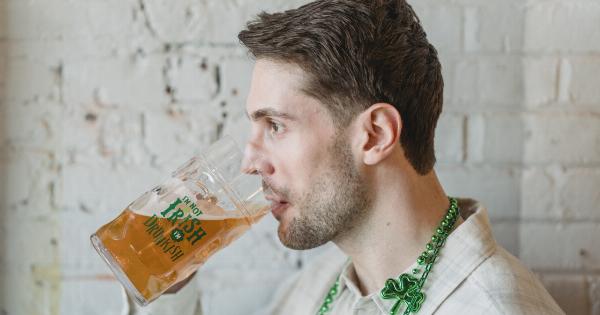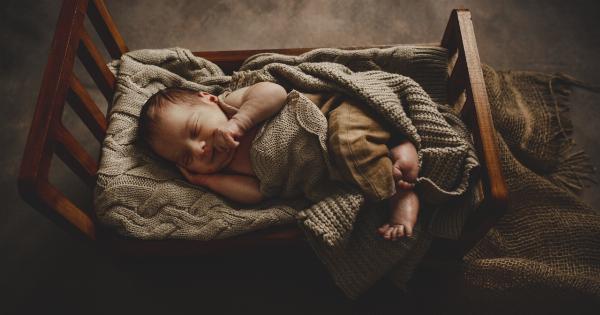Drinking alcohol during pregnancy can have serious and lasting consequences for both the mother and the developing baby.
Even small amounts of alcohol can harm a growing fetus, so it’s important for women to avoid drinking altogether when they’re pregnant or trying to conceive.
What Happens When You Drink During Pregnancy?
When a pregnant woman drinks alcohol, it quickly passes through her bloodstream and enters the developing baby’s bloodstream.
Because a growing fetus doesn’t have the ability to metabolize alcohol as efficiently as an adult, the alcohol can remain in the baby’s system for much longer periods of time.
As a result, drinking during pregnancy can cause a wide range of physical, developmental, and behavioral problems in infants and children. These may include:.
- Low birth weight
- Premature birth
- Birth defects
- Intellectual disabilities
- Learning and behavioral problems
- Social and emotional difficulties
Fetal Alcohol Syndrome (FAS)
The most severe consequence of drinking during pregnancy is fetal alcohol syndrome (FAS), which is characterized by a range of physical and mental defects.
Children with FAS may have facial abnormalities, growth deficiencies, and cognitive impairments that can affect their ability to learn, communicate, and behave appropriately.
While FAS is a preventable condition, it’s estimated that up to 1 in 100 babies are born with the disorder in the United States each year.
This is a tragic reality, as the damage caused by drinking during pregnancy is entirely avoidable when women choose to abstain from alcohol during this critical time.
Reducing the Risk of Harm to Your Baby
If you’re pregnant or trying to conceive, the best thing you can do for your baby’s health and well-being is to stop drinking alcohol altogether.
Medical experts recommend that women avoid alcohol from the time they start trying to conceive until after they stop breastfeeding their baby.
If you find it difficult to quit drinking on your own, there are many resources available to help you. Talk to your doctor, counselor, or another healthcare provider to develop a plan that works best for you and your baby.
Getting Help for Alcohol Addiction
In some cases, women who are struggling with alcohol addiction may need more intensive treatment to help them stop drinking during pregnancy. This may involve residential rehabilitation, counseling, and support from family and friends.
It’s important to remember that addiction is a chronic disease, not a moral failing or a lack of willpower. Seeking help for addiction is a courageous step towards recovery, and there should be no shame in asking for help when you need it.
Protecting Your Baby’s Health
Protecting your baby’s health during pregnancy means taking care of yourself as well as your baby. This means eating a healthy diet, getting regular exercise, and avoiding harmful substances like alcohol and tobacco.
If you’re already pregnant and have been drinking, it’s not too late to make positive changes to protect your baby’s health.
The sooner you stop drinking, the better chance your baby has to develop normally and avoid the harmful effects of alcohol exposure.
Conclusion
The dangers of drinking during pregnancy are clear and can have life-long consequences for both the mother and the developing baby.
While it may be difficult to stop drinking, the stakes are too high to risk your baby’s health and future well-being.
Take the time to talk to your doctor or other healthcare provider about ways to quit drinking, and explore the many resources available to support women during this critical time.
With the right support and care, you can protect your baby’s health and help them thrive.





























